In the summer of 2020, Invisible Children collaborated with Central African filmmakers and local peacebuilding partners in the Central African Republic (CAR) to produce our newest film, Le Pouvoir du Dialogue.
The third film to be produced with and for Central African audiences as part of our innovative mobile cinema program, Le Pouvoir du Dialogue is the first mobile cinema film Invisible Children has produced to be entirely developed and created by Central African artists and filmmakers
The fictionalized story of community leaders who intervene to prevent conflict from becoming violent is designed to spark conversations, challenge perceptions, and ultimately support local peacebuilding efforts specifically in areas of eastern Central African Republic (CAR) that have faced or are currently facing intercommunal tensions and violence. For the film to do that successfully, it was essential for local hands to craft it. We are so grateful to be able to invest in and support the work of Central African artists and peacebuilders through this project.
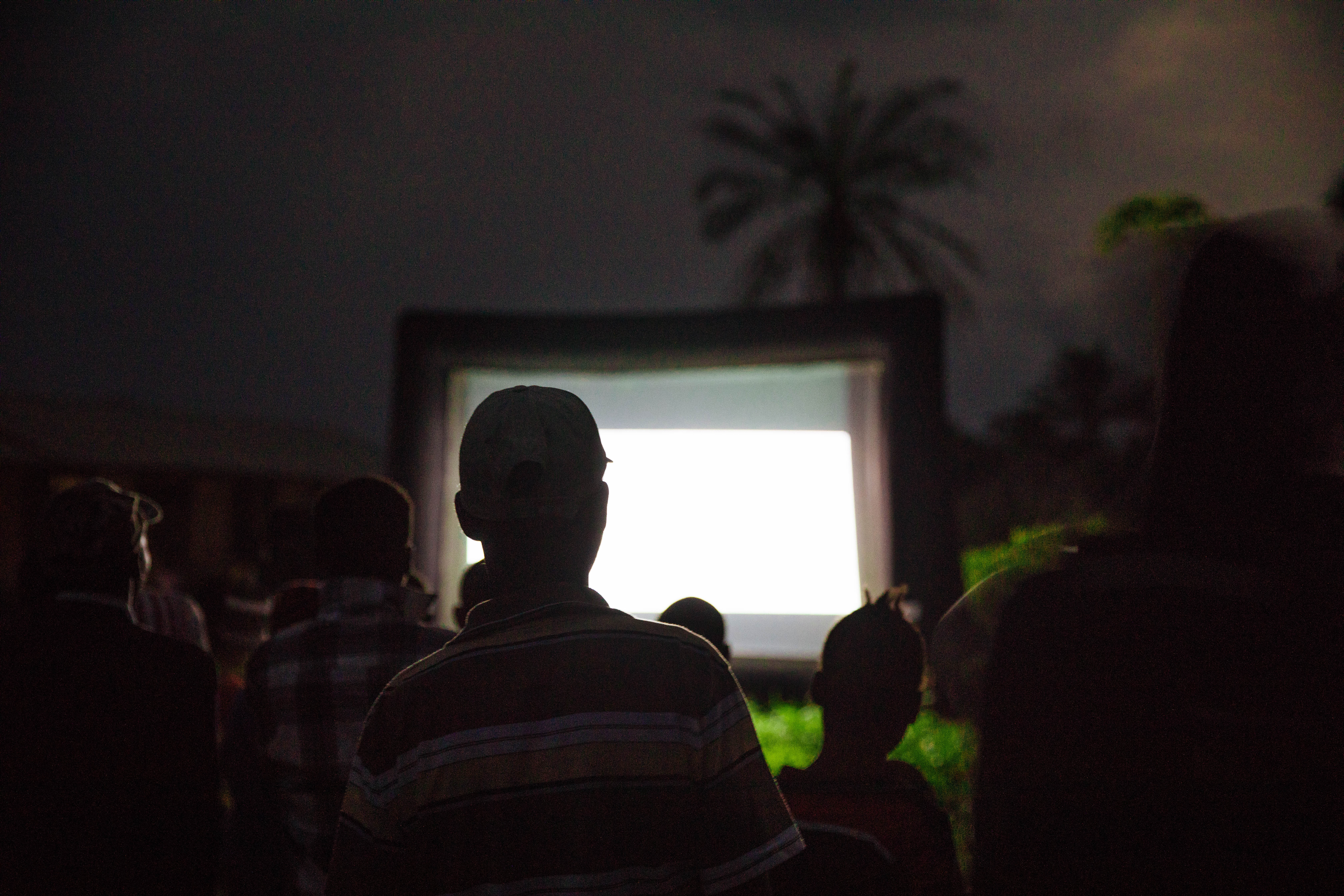
Le Pouvoir du Dialogue, which means The Power of Dialogue, was developed and produced by a team of Central African filmmakers from OAZ Entertainment led by filmmakers, Bachir Niang So and Orphé Zaza Bamoy. Niang So and Bamoy are two of the most highly engaged artists and peacebuilders active in CAR today. Both have a wealth of experience in creating films and launching local initiatives for peacebuilding. In 2018, they were both part of the team that created our previous mobile cinema film, Ani Wa Sa.
In addition to the local filmmakers from OAZ, members of our local partner organization, Bria Londo, were key to ensuring that the film reflected local communities and the challenges they face. We have worked with Bria Londo on peacebuilding projects in eastern CAR for several years and have seen first hand how their diverse membership,commitment to peace, and deep understanding of their community’s needs have made them a widely trusted mediator in response to armed group violence and intercommunal tensions among a wide range of actors in the region.
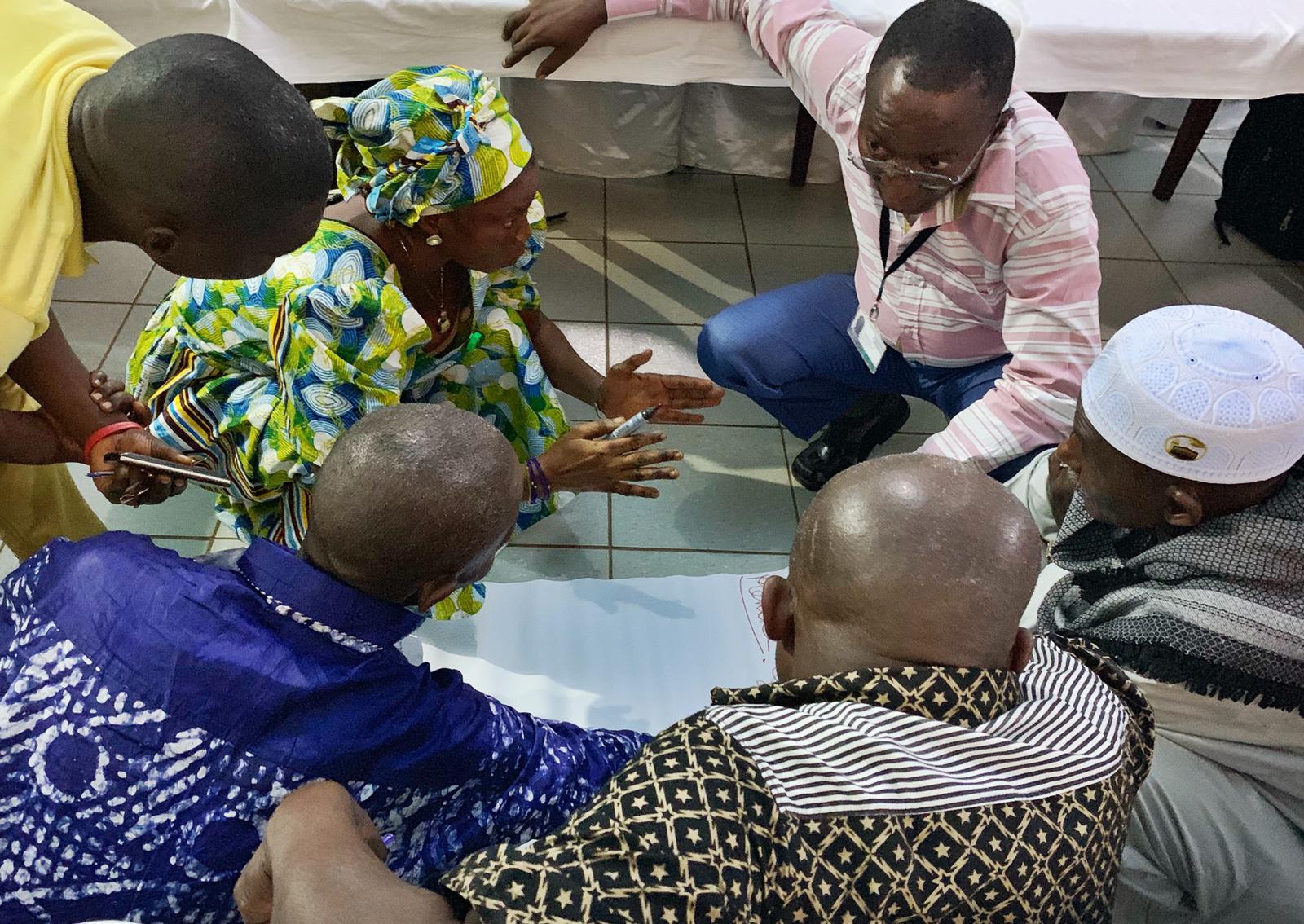
Le Pouvoir du Dialogue was developed during conversations between OAZ, Bria Londo, and community representatives, which were facilitated by Invisible Children staff in eastern CAR. The participation of members of diverse local ethnic, religious, and socio-economic groups was key to ensuring that OAZ and Bria Londo were able to produce a film that reflected the perspectives, needs, and challenges facing local communities that the film is meant to engage.
Following these discussions, the team of Central African artists and peacebuilders worked together to produce the film from start to finish. From drafting the script, to casting local actors, to directing, filming, and editing — every aspect of this project was led by local experts.
In addition to being our first mobile cinema film to be entirely locally produced, Le Pouvoir du Dialogue is also the first to be distributed through commonly used micro SD cards through partnerships with community-led Peace Committees in CAR. This method of distribution will make the film more accessible to remote communities and nomadic pastoralists who would otherwise not have the opportunity to engage with the film or its message as easily. Micro-SD cards also allow local peacebuilders to continue distribution long into the future, without reliance on outside resources required for large in-person screenings. Additionally, micro-SD card distribution allows for the film to be viewed in smaller groups, in line with COVID-19 public safety protocols reducing the size of social gatherings.
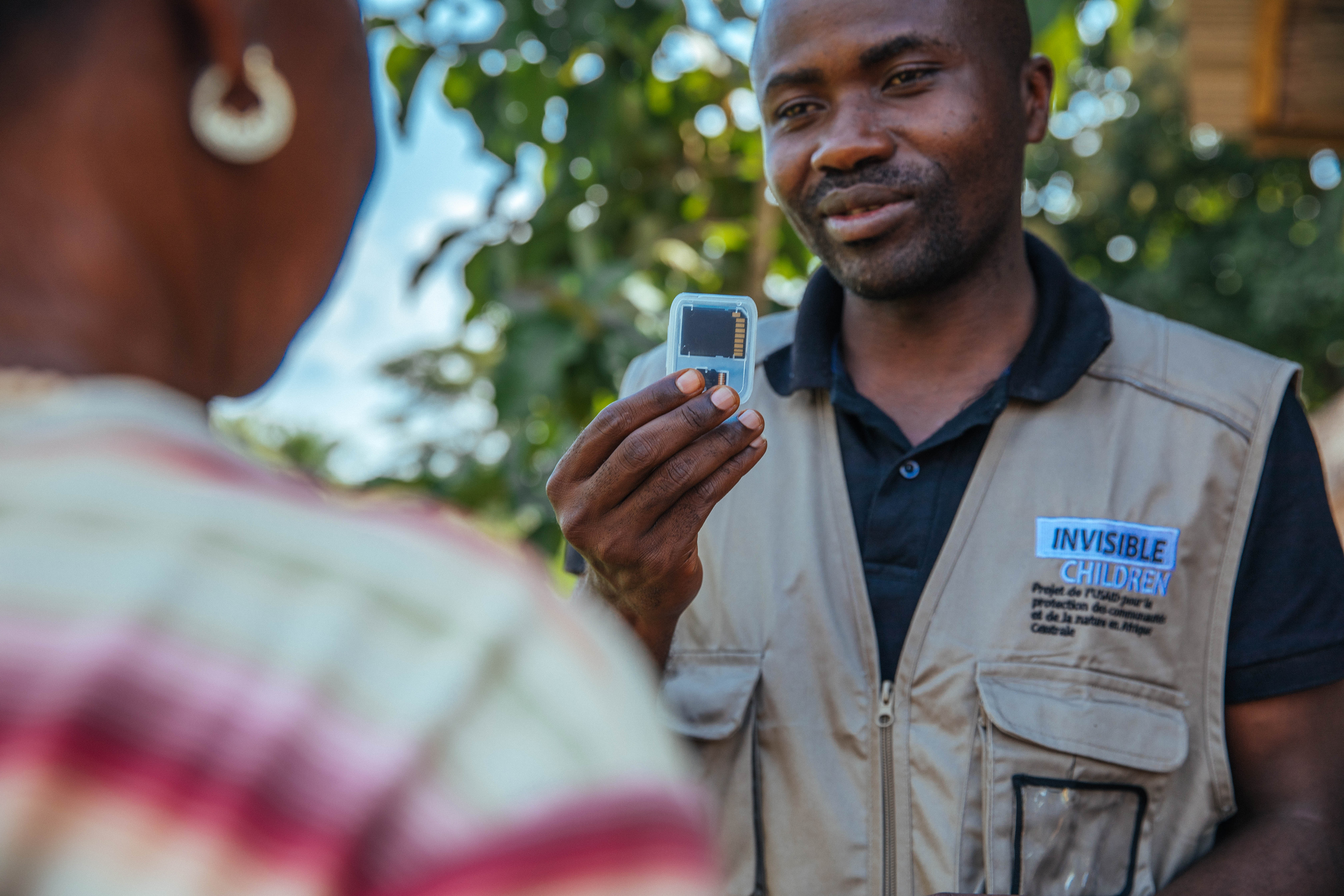
With Le Pouvoir du Dialogue in hand, Peace Committee leaders in some of the most vulnerable and isolated communities are equipped with a powerful storytelling tool that will challenge perceptions and catalyze collective action for positive change.
Your support allows us to invest in local artists and experts to develop innovative and adaptive approaches to peacebuilding in central Africa. Become a monthly donor today and help ensure that local peacebuilders have the support and tools they need to make their communities safer.
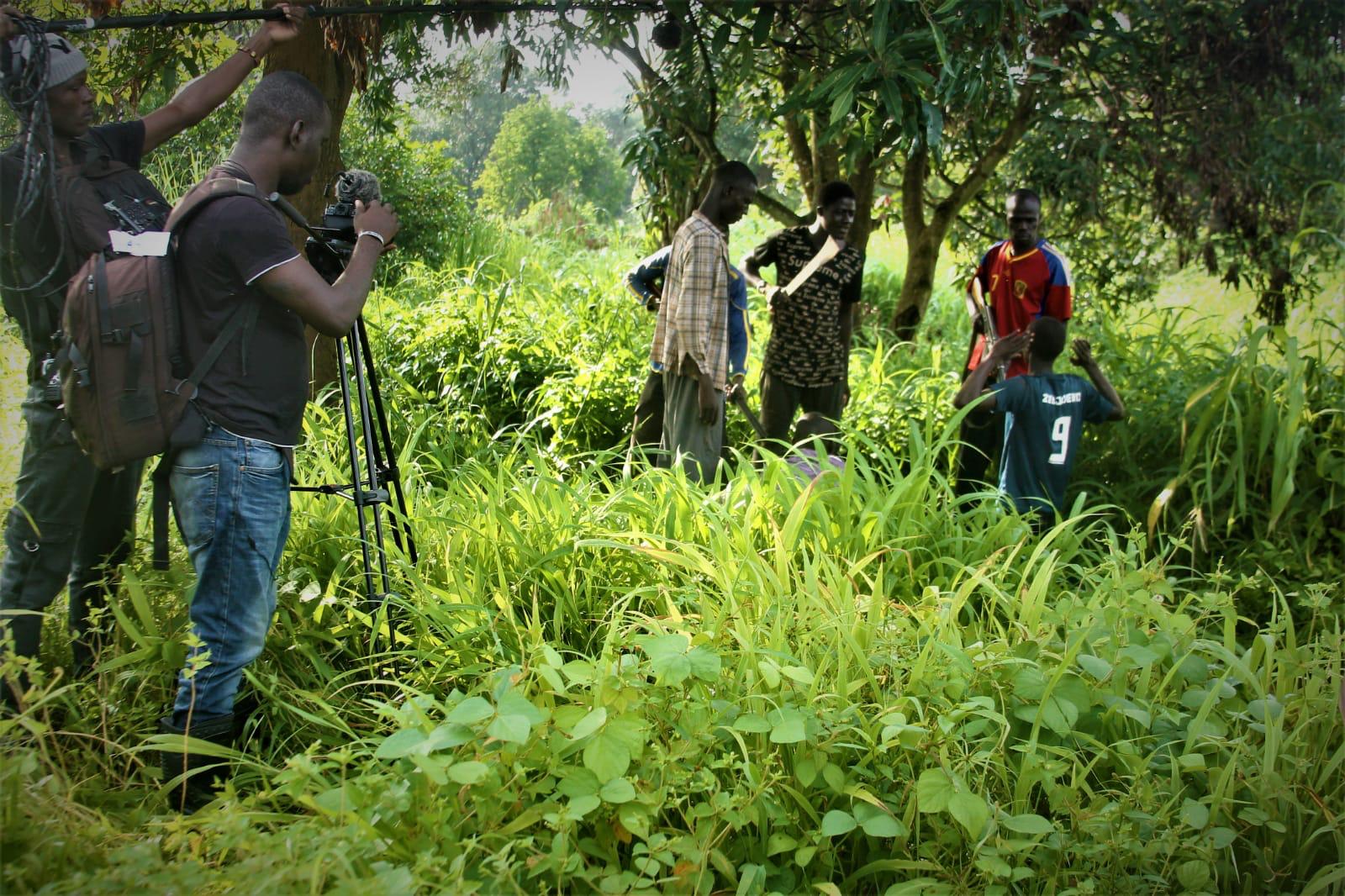
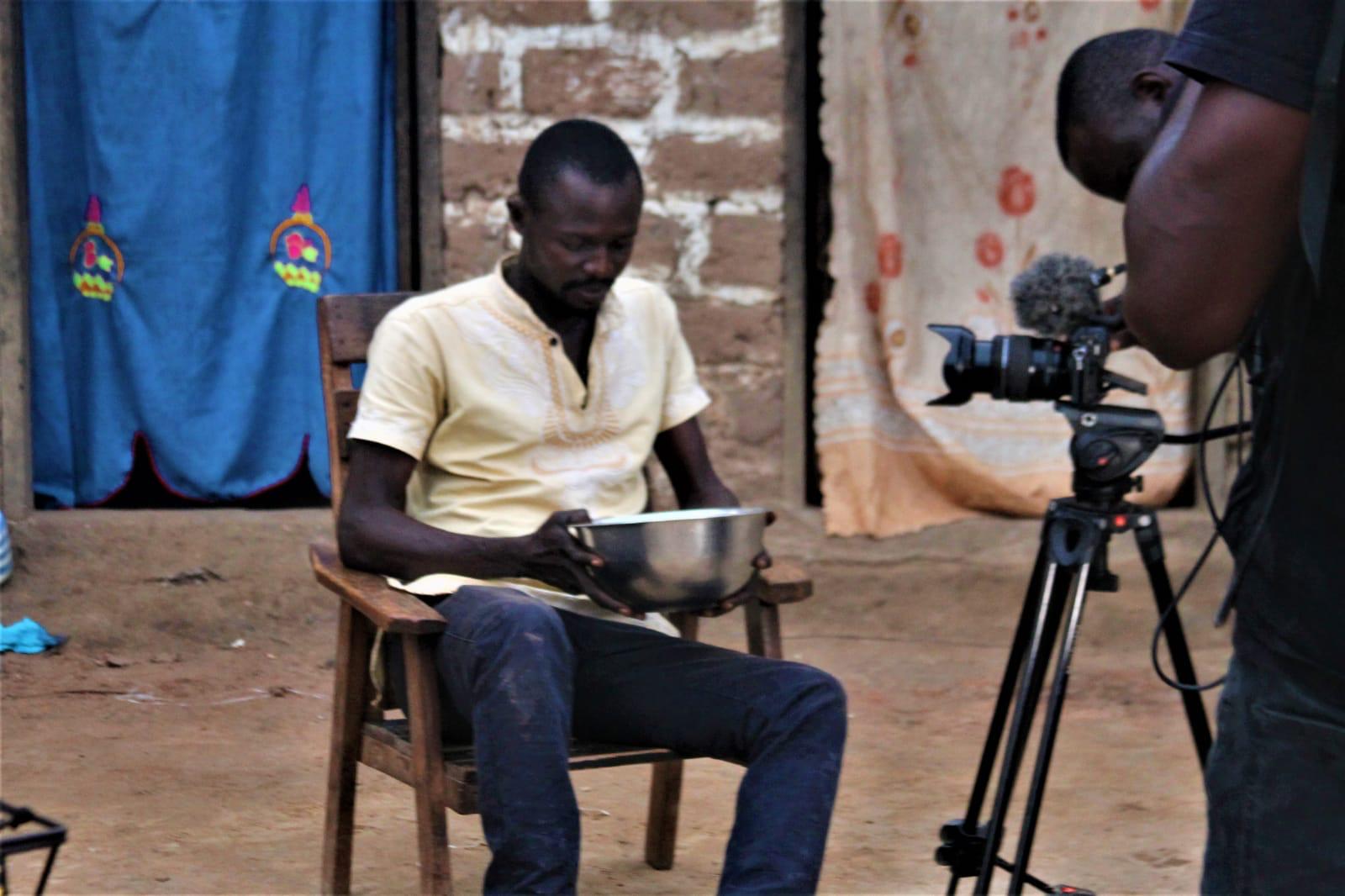
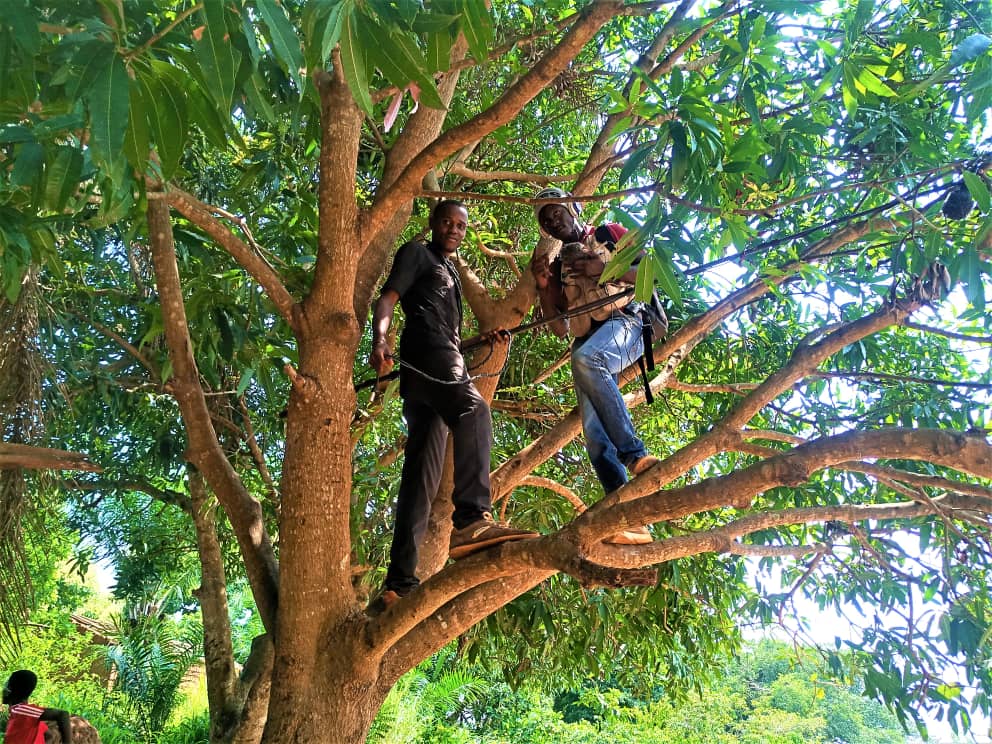
Think people should hear about this?